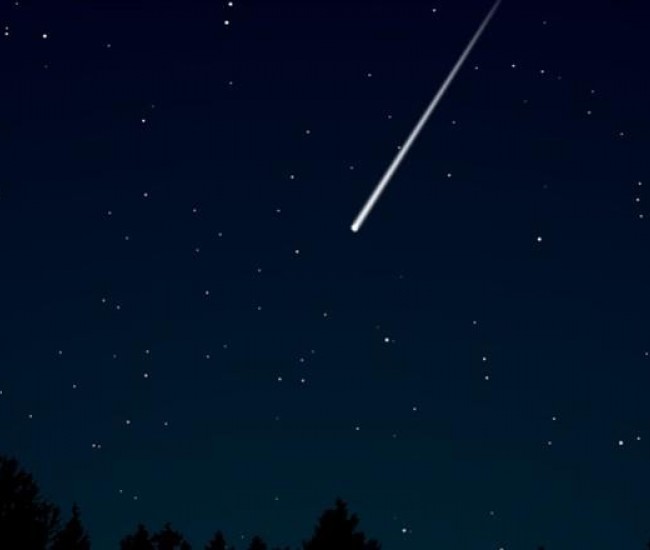A scientific expedition led by renowned Harvard physicist Avi Loeb is expected to set off in the summer to search for the interstellar object that fell into the Pacific Ocean off the coast of Papua New Guinea in 2014.
According to Professor Loeb’s hypothesis, it is possible that pieces of an artificial extraterrestrial organism are located at the bottom of the ocean near Manus Island. The scientist is organizing an expedition with a budget of 1.5 million dollars (538 million forints) to search for body parts, The Guardian reported on Friday.
Loeb determined in 2019 that the object had come from outside the solar system. It was the first interstellar meteorite ever discovered. According to Webb, the origin of the interstellar meteorite was confirmed in April 2022 by the US Department of Defense’s Space Command in a document sent to NASA.
Loeb and his research team also determined that the object that hit the ocean was harder than the 272 meteors in the NASA Near-Earth Object Catalog.
With the two-week trip, they want to search for fragments of the meteorite on the sea floor at a depth of 1.7 kilometres. Because by analyzing the fragments, it will be possible to determine whether the object is of natural formation or of artificial origin.
The ship’s expedition crew will tow a device equipped with magnets, cameras and reflectors along the ocean floor. The search is being conducted over an area of 10 km by 10 km. Loebs expects that the object was solid, and so they would find dozens of pieces larger than one centimeter in size.
Loeb did not rule out failure. But as he emphasized: extraordinary claims must be supported by extraordinary evidence.
In the summer of 2021, Avi Loeb announced the launch of the so-called Galileo project, which deals, among other things, with the detection of unidentified flying objects. According to the physicist, since it turned out that there are a large number of Earth-like planets in the galaxy, “we can no longer ignore the possibility that technologically advanced civilizations existed before us.”
Researchers from Princeton University, Caltech, the University of Cambridge in England, and Stockholm University are also involved in the project.
One of the goals of Project Galileo was to investigate objects that “visit” our solar system from interstellar space.












































